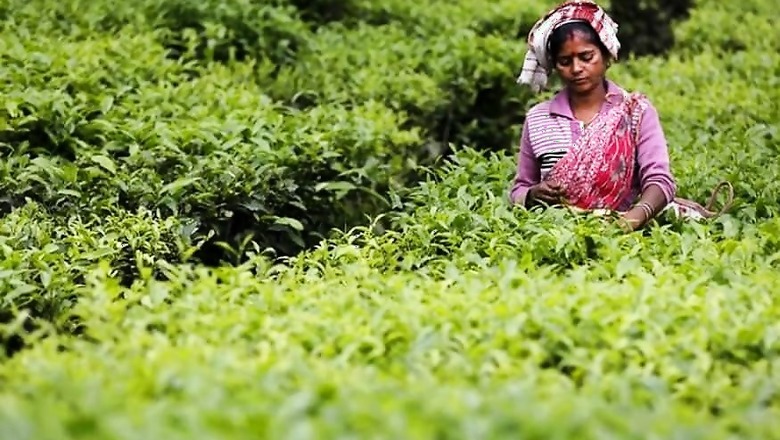
views
The tea industry on Wednesday said China is a "promising market" for exports of the beverage, but trade cannot get precedence over national interest in the wake of the fierce clash between troops of the two countries in eastern Ladakh that left 20 Indian Army personnel dead.
Tea traders are getting quite a few enquires from China, but "nation is first", a top industry official said.
Twenty Indian Army personnel were killed in the fierce clash with Chinese troops in Galwan Valley on Monday night, the biggest military confrontation in over five decades that has significantly escalated the already-volatile border standoff in the region.
"National security and safety of our border and soldiers are of paramount importance. We need to make sure it does not happen again. China is quite an unreasonable country and has border disputes with almost all its neighbours.
"If there is a ban on trade with the neighbouring country in view of the current tension at the border, tea exports will naturally be affected," Tea Board Chairman Prabhat K Bezbaruah told PTI.
He said the industry wants a peaceful solution to the dispute.
"Though tea exports to China are not huge, it is a promising market for Indian exporters, and in the long run, it will remain so. However, trade cannot get precedence over national interest," Bezbaruah said.
Tea Board Deputy Chairman Arun Kumar Ray said India sells the crop all over the world, and China accounts for about 5 per cent of the overall export of the beverage.
"We are not worried. Indian exporters will continue to explore new markets," he said.
The country exported 13.45 million kg of tea to China in the 2019 calendar year, up from 10.31 million kg shipped in 2018, industry reports said.
"There are many enquiries from China for both north and south Indian tea. Potentially, it remains one of our key markets. But, the nation is above all. We are extremely worried about the situation and monitoring the developments," Indian Tea Exporters' Association Chairman Anshuman Kanoria told PTI.
Tea exports to China have started this season, and it usually picks up from the second half of the year, starting from July-August, he said.
"So far, very little in terms of volume has gone to China after the lockdown was eased," he said.
Asked about overall tea exports, Kanoria said traders have witnessed "good demand" in the international markets, particularly for the orthodox variety, but there is a problem of shortage of crop, besides logistical challenges.




















Comments
0 comment